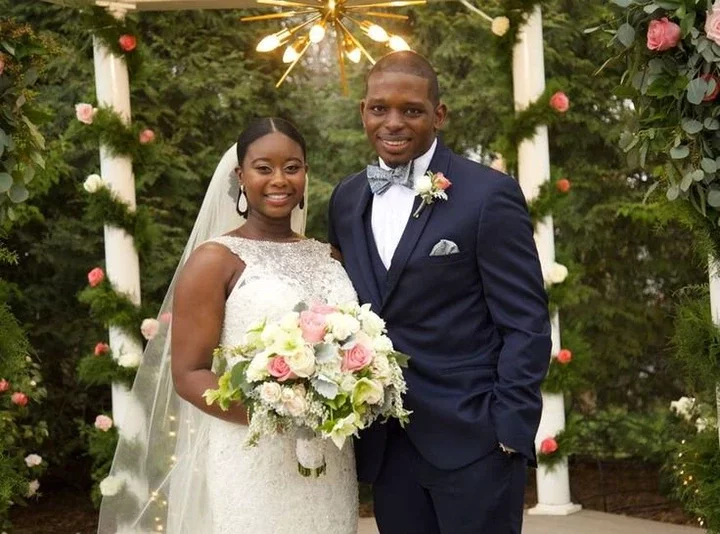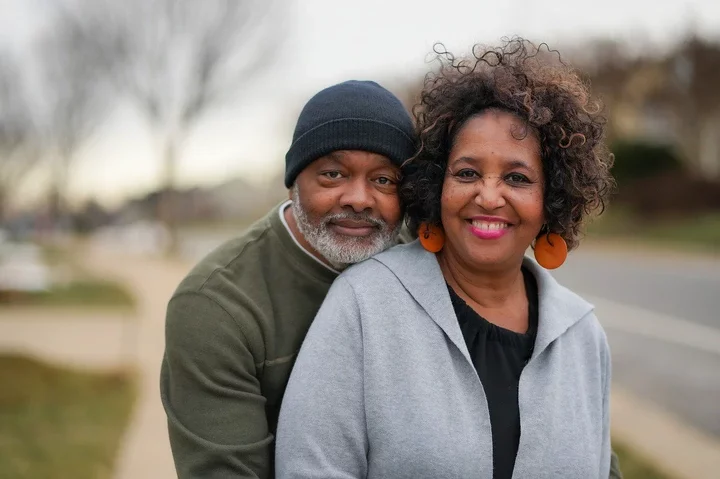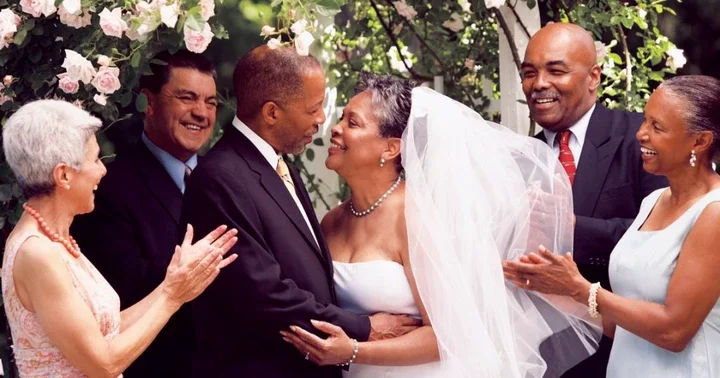
"Preparation is the key to success" A marriage you fail to prepare for, you can't enjoy.
Marriage is a beautiful journey, but like any great adventure, it requires careful preparation.
Most people see weddings as the only thing to plan for; they believe that marriage is: whatever you see when you enter into marriage, you accept.
This mindset has made many endure their marriage instead of being fulfilled in it.
Just like you plan for a wedding ceremony, it's very crucial to plan for your marriage before you say "I do."
Note that your marriage will last for more than fifty years.
We will be sharing with you some important things to reflect on and plan for before you say "I Do"
1. Shared values and Live Goals
Are you and your partner on the same page when it comes to:
Career aspirations
Desire for children (and parenting styles)
Religious or spiritual beliefs
Financial goals and attitudes towards money
Lifestyle preferences
Remember, you don't need to agree on everything, but you need to understand that major differences in these areas can lead to significant conflicts when you get married.
2. Communication styles
How do you and your partner handle disagreements? Do you:
Talk things out calmly?
Need time to process before discussing?
Tend to raise your voice or become emotional?
Insist that its my way or my way?
Healthy communication is the cornerstone of a strong marriage. If you struggle in this area, consider premarital counselling to develop better skills together.
3. Financial compatibility
This has been a major issue in many homes. Money matters can make or break a relationship. So it is important to have open discussions about:
Your money history and money management skills
Current debts and financial obligations
Spending habits and budgeting approaches
Joint vs. separate accounts
Long-term financial goals
Being on the same financial page can prevent a lot of stress and conflict in your marriage.
4. Family Dynamics
Your partner doesn't just marry you, they marry into your family too. (many people do not agree with me on that BUT trust me on this, So consider:
How well do you get along with each other's families?
Are there any cultural differences to navigate?
What boundaries need to be set with in-laws?
How to handle holidays and family traditions?
Finding a balance that works for both of you is key to avoiding family-related tension in your marriage.
5. Intimacy and affection
Physical and emotional intimacy are vital components of a healthy marriage. Therefore reflect on:
Your compatibility in terms of physical affection
Expectations around sex and intimacy
How each person expresses and receives love (love languages)
Ways to maintain connection as life gets busier
Remember, intimacy evolves over time, but starting on the same page can strengthen your bond.
6. Conflict Resolution Skills
Every couple faces challenges. How you handle them can make all the difference. So ask yourselves:
Do you know your own conflict resolution pattern? Are they similar to your partner's pattern or are they different?
Do we both know how to reach a compromise and find middle ground?
Are we willing to apologize and forgive?
Do we address issues head-on or tend to sweep things under the rug?
Developing healthy and effective conflict resolution skills now will serve you well throughout your marriage.
Marriage is a beautiful commitment, but it's not always easy. By having honest conversations about these essential topics before tying the knot, you're laying a solid foundation for a lifetime of love and partnership.
Remember, it's not about finding someone perfect, it's about finding someone who's willing to grow and navigate life's challenges by your side.

















Comments